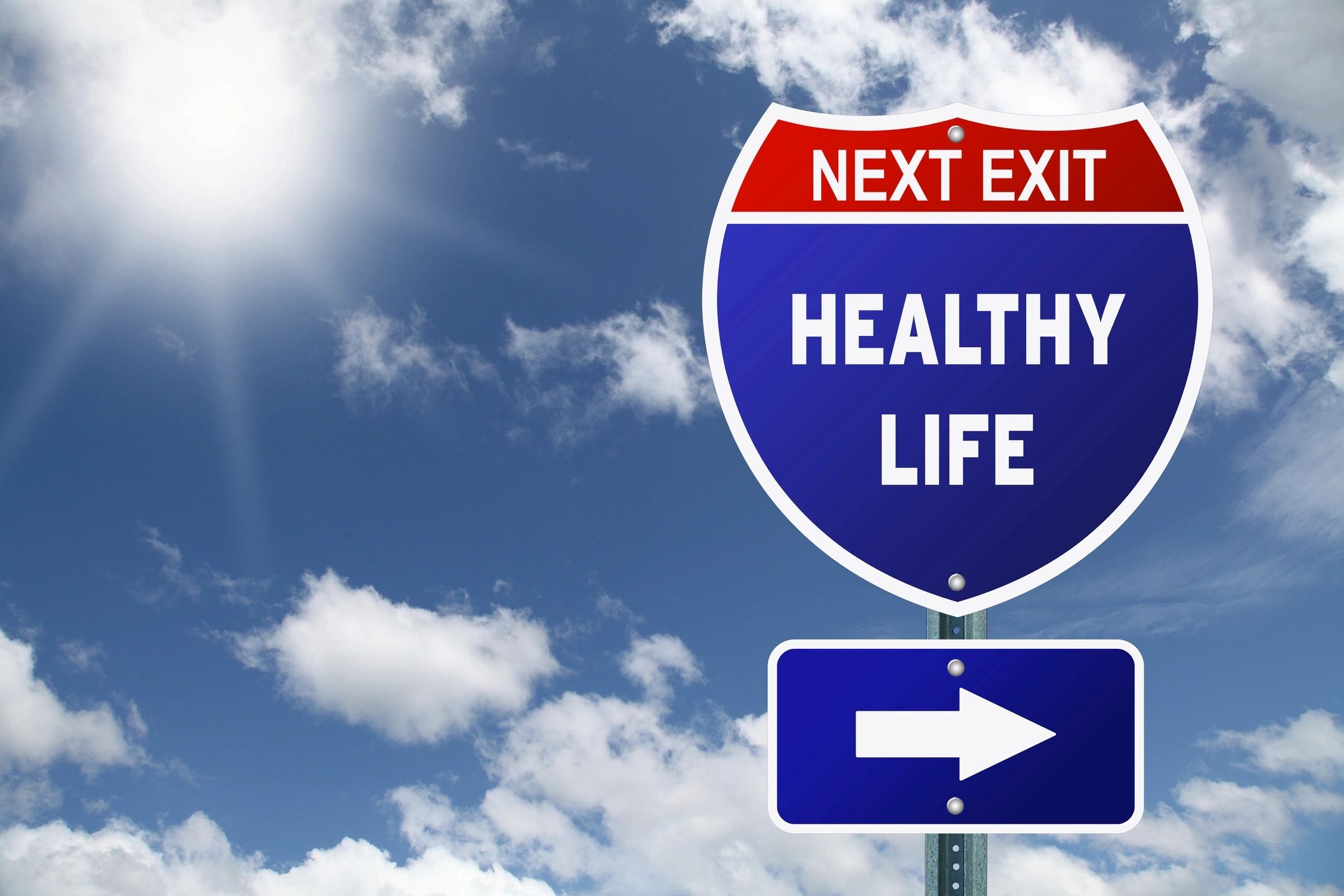Immunity Hx
Dr. Claire Arcidiacono, ND
I wanted to do my product highlight on what I consider to be the cornerstone of immune heath. In fact Immune is in its very name, Immunity Hx! Immunity Hx is a combination of vitamin C, vitamin D3 and Zinc! Immunity Hx has 500 mg of vitamin C, 2000 IUs (50mcg) of vitamin D3 and 30mg of zinc. Each of these nutrients has numerous studies showing how they can benefit our immunity.
Let’s start with vitamin C. Vitamin C is called an essential nutrient because it is a key nutrient for different pathways in our body yet our body is unable to make it. In other words we must get vitamin c in either our diet or in supplement form. In fact in western populations studies have found that vitamin c deficiency is common and in fact is the fourth leading nutrient deficiency in the US. Vitamin C deficiency may be caused by poor diet, drug or tobacco use, alcohol use, various chronic disease and even by pollution. There are four aspects of our immune system that are positively affected by vitamin C. These are the epithelial barriers, phagocytes, lymphocytes and inflammatory mediators. Please see the attached Table for all the ways vitamin c affects these parts of the immune system. (1)
Table 1
Role of vitamin C in immune defense.
| Immune System |
Function of Vitamin C |
Refs. |
| Epithelial barriers |
Enhances collagen synthesis and stabilization |
[30,31,32,33,34,35] |
| Protects against ROS-induced damage 1 |
[36,37,38,39,40] |
| Enhances keratinocyte differentiation and lipid synthesis |
[41,42,43,44,45] |
| Enhances fibroblast proliferation and migration |
[46,47] |
| Shortens time to wound healing in patients |
[48,49] |
| Phagocytes (neutrophils, macrophages) |
Acts as an antioxidant/electron donor |
[50,51,52,53] |
| Enhances motility/chemotaxis |
[54,55,56,57,58,59,60,61,62,63] |
| Enhances phagocytosis and ROS generation |
[64,65,66,67,68,69,70,71] |
| Enhances microbial killing |
[54,55,57,58,70,72] |
| Facilitates apoptosis and clearance |
[71,73,74] |
| Decreases necrosis/NETosis |
[73,75] |
| B- and T-lymphocytes |
Enhances differentiation and proliferation |
[62,63,76,77,78,79,80,81,82] |
| Enhances antibody levels |
[78,83,84,85] |
| Inflammatory mediators |
Modulates cytokine production |
[75,77,86,87,88,89,90,91,92,93,94] |
| Decreases histamine levels |
[56,61,95,96,97,98,99,100,101] |
Open in a separate window
1 ROS, reactive oxygen species; NET, neutrophil extracellular trap. Note that many of these studies comprised marginal or deficient vitamin C status at baseline. Supplementation in situations of adequate vitamin C status may not have comparable effects.
Vitamin C has been found in studies to help fight different viral infections. (2) Other studies have found that vitamin C can cut the length of a cold in half. Additionally other studies have found vitamin C can help to prevent pneumonia. Studies have even found that vitamin C can help with tetanus. (3)
The next nutrient in Immunity Hx is vitamin D3. While most people think of D3 as just being for bone health there really is much more that D3 does for our health. Studies have indicated that having low vitamin D can increase the risk of infections. Vitamin D3 is interesting because unlike vitamin C it can be made by the body. (4) However, in my clinical experience reading over blood work I have found many people to have lower than optimum D levels that would suggest they would benefit from a D3 supplement. A number of studies have found an association between low levels of D3 and higher rates of infections such as the flu, vaginosis and HIV. (4) In one study vitamin D supplementation was found to decrease rates of seasonal influenza in school children. (5) Studies looking how vitamin D3 works have found that vitamin D3 is able to stimulate antimicrobial genes to activate. Thus vitamin D works to stimulate antimicrobial proteins and helps the body to fight off infections. (6) Overall vitamin D is an important supplement for our overall immunity. (4)
The last nutrient in Immunity Hx is zinc. Several studies have found that using zinc within 24 hours of catching a cold can decrease the length and severity of the cold symptoms. (7) Zinc like vitamin C is considered to be an essential nutrient for our health. Zinc deficiency like vitamin C is more common than we would expect and in fact it appears that as many as up to 2 billion people in the developing world may have a zinc deficiency. (8) Zinc deficiency has been found to affect multiple parts of the immune system. When zinc is deficient there’s parts of the immune system that are comprised and we become vulnerable to disease. (9) Overall studies have concluded that zinc is essential for our immune system to work to prevent illness. (1)
Overall the studies on vitamins C, D and zinc have one major thing to say. And that is these nutrients are all important for building our immune system and thus they all help us fight pathogens. Personally I like the Immunity Hx because it contains all 3 important nutrients in 1 supplement!
Our next blog will be something you may have heard of, Asthma!
Sources:
- https://www.ncbi.nlm.nih.gov/pmc/articles/PMC5707683/
- https://www.ncbi.nlm.nih.gov/pmc/articles/PMC9925039/
- https://www.ncbi.nlm.nih.gov/pmc/articles/PMC5409678/
- https://www.ncbi.nlm.nih.gov/pmc/articles/PMC3166406/
- https://pubmed.ncbi.nlm.nih.gov/20219962/
- https://pubmed.ncbi.nlm.nih.gov/15322146/
- https://www.bouldermedicalcenter.com/elderberry-zinc-and-the-fight-against-viruses/
- https://www.ncbi.nlm.nih.gov/pmc/articles/PMC2277319/
- https://pubmed.ncbi.nlm.nih.gov/9701160/
- https://www.ncbi.nlm.nih.gov/pmc/articles/PMC5748737/







